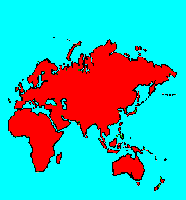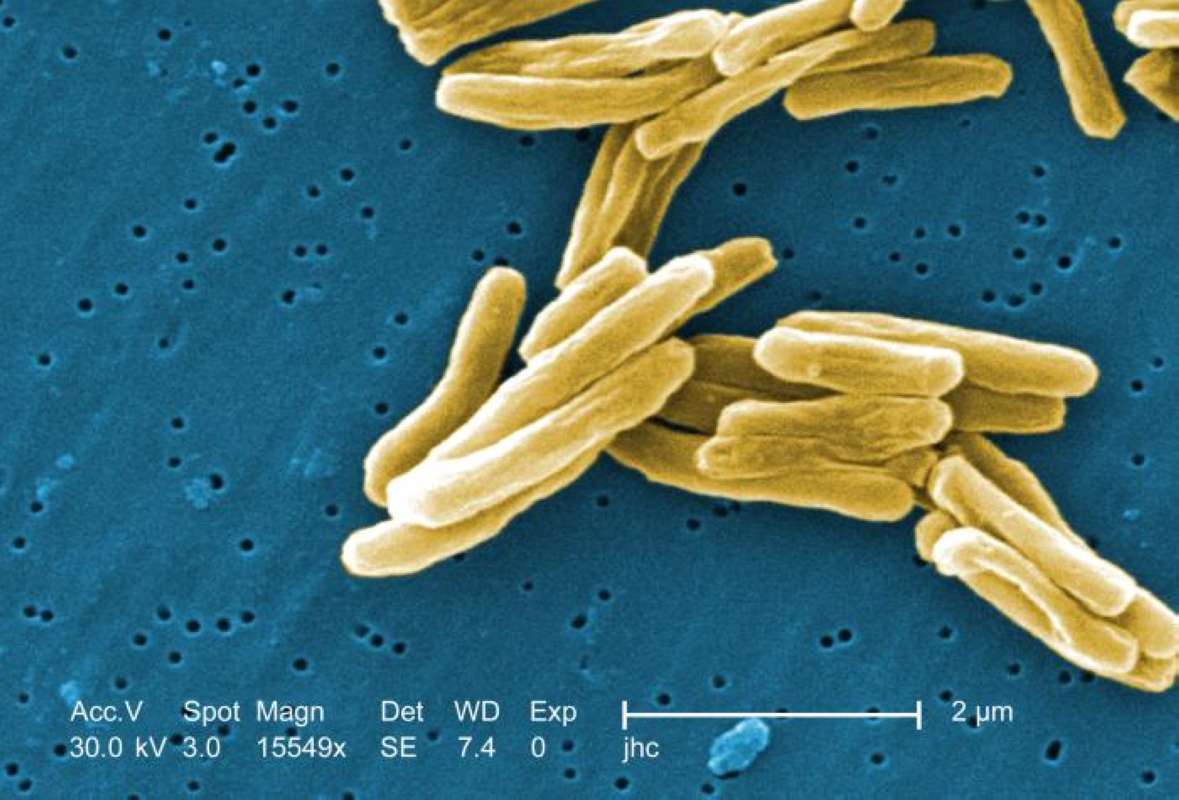SPECIES INFO
The human disease tuberculosis (TB), caused by the Mycobacterium tuberculosis bacteria, is one of the world's most serious diseases. It is estimated that about one third of the world's population is infected. As of 2002, it was estimated that from 10-15 million Americans were infected.The Bergey's Manual gives us a methodology of some preliminary divisions of Bacteria. This is his group (16) of Mycobacteria. These are gram-positive, and acid fast. Leprosy and tuberculosis are caused by bacteria in this group.
Eubacteria, the true Bacteria, is the group that contains most of the Bacteria that impact on our daily lives. Some of the diseases caused by Bacteria are: Cholera, Lyme Disease, Strep Throat, Scarlet Fever, Typhoid, Syphilis, and Gonorrhea.
Science has only begun the task or properly organizing this group of lifeforms into a taxonomy tree. The medical profession has begun with the disease causing organisms and has worked from the bottom up. They have been using various shapes and various forms of locomotion for criteria. On the other micro-biologists have been working from the top down. The result is a large open area in the middle. Here we have arbitrarily used the Bergey system for organizing disease causing bacteria in the first several classes, and have placed the algae groups in the higher classes.
Monera phylum includes the various bacteria. These are somewhat cellular organisms, but they lack a cell nucleus. Many of these organisms cause serious illness in humans. The diseases include Botulishm, Cholera, Diptheria, Gonorrhea, Lyme Disease, Plagues, Salmonellosis, Syphilis, Tetanus, Typhoid, and TB.
Monera kingdom includes the various bacteria. These are somewhat cellular organisms, but they lack a cell nucleus. Many of these organisms cause serious illness in humans. The diseases include Botulishm, Cholera, Diptheria, Gonorrhea, Lyme Disease, Plagues, Salmonellosis, Syphilis, Tetanus, Typhoid, and TB.


